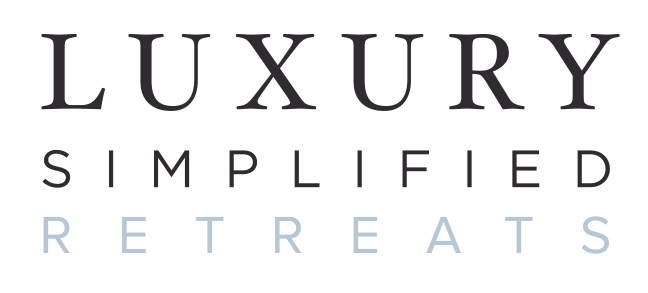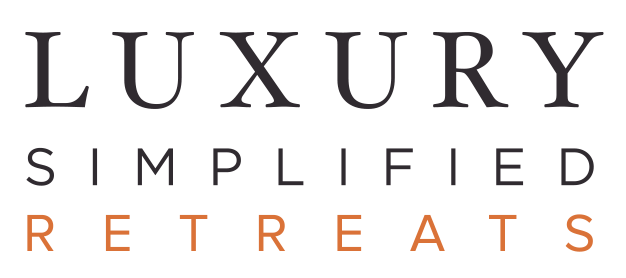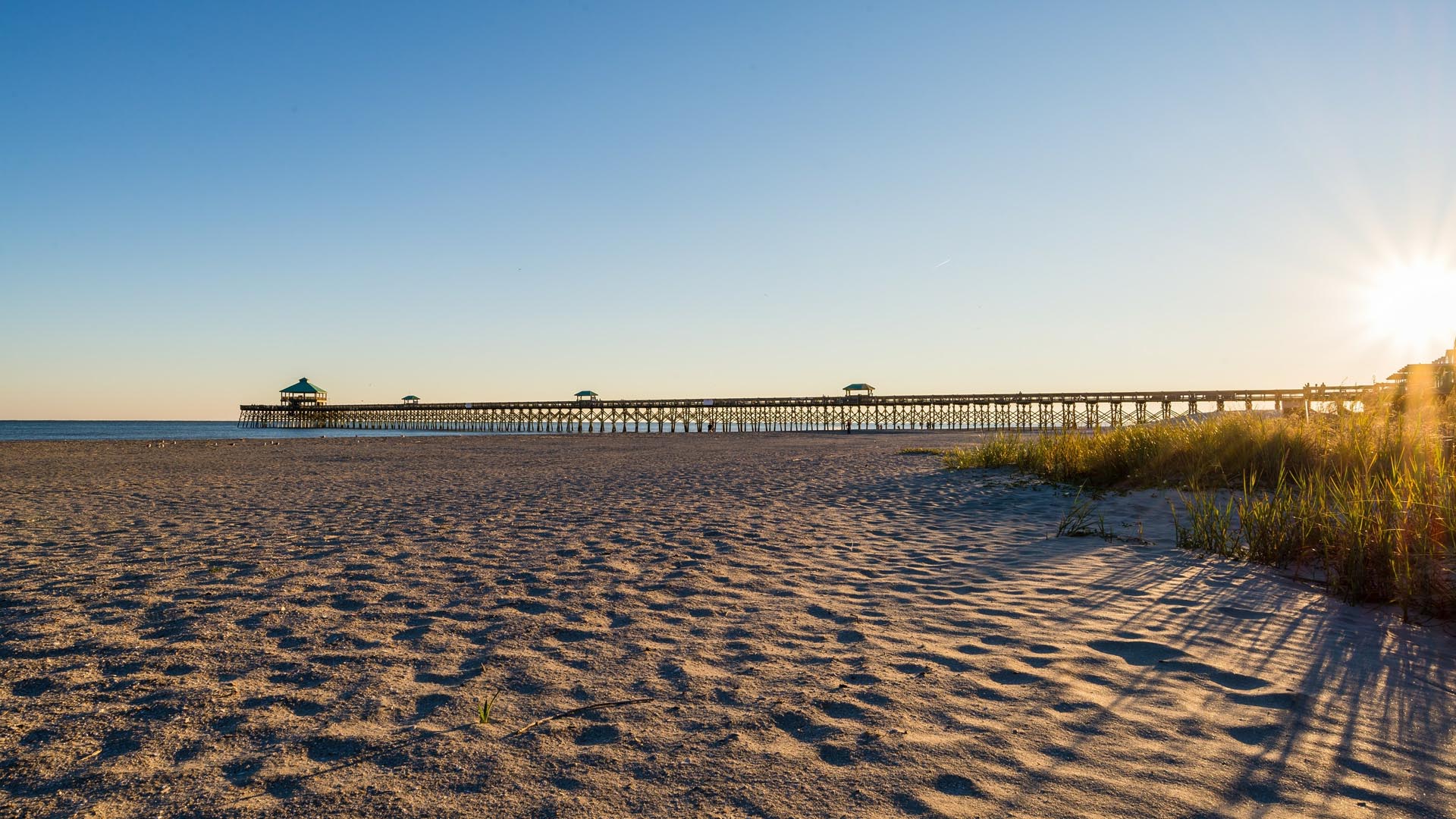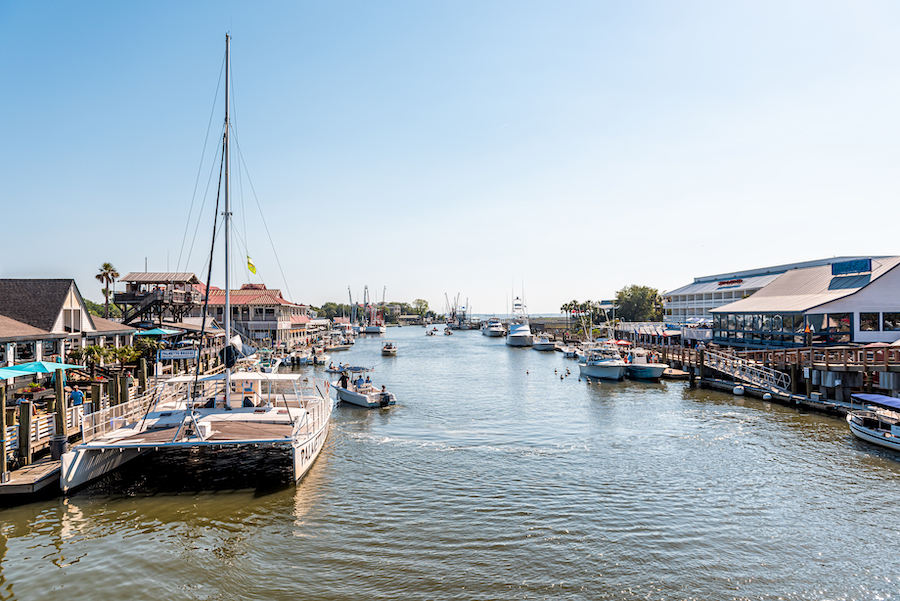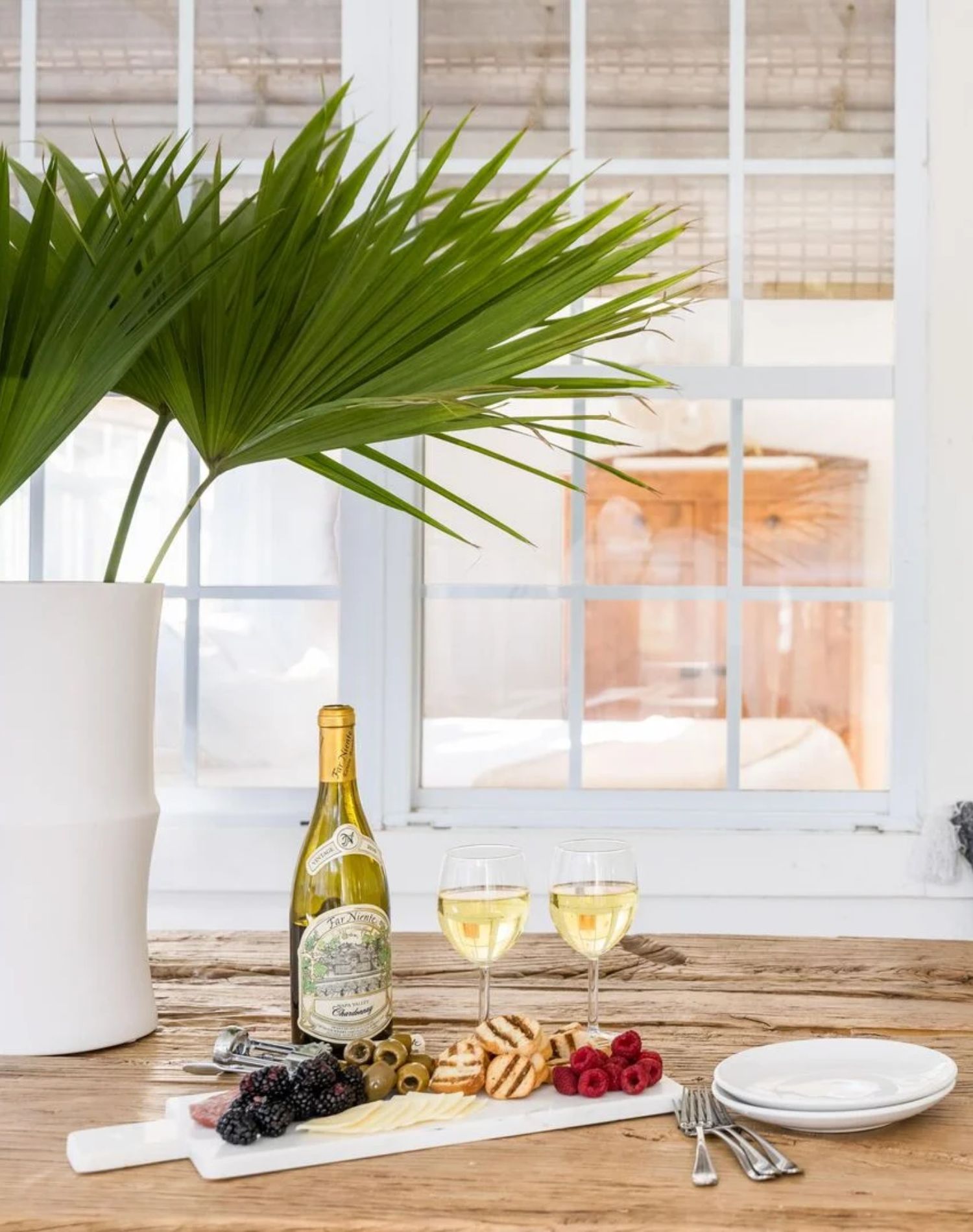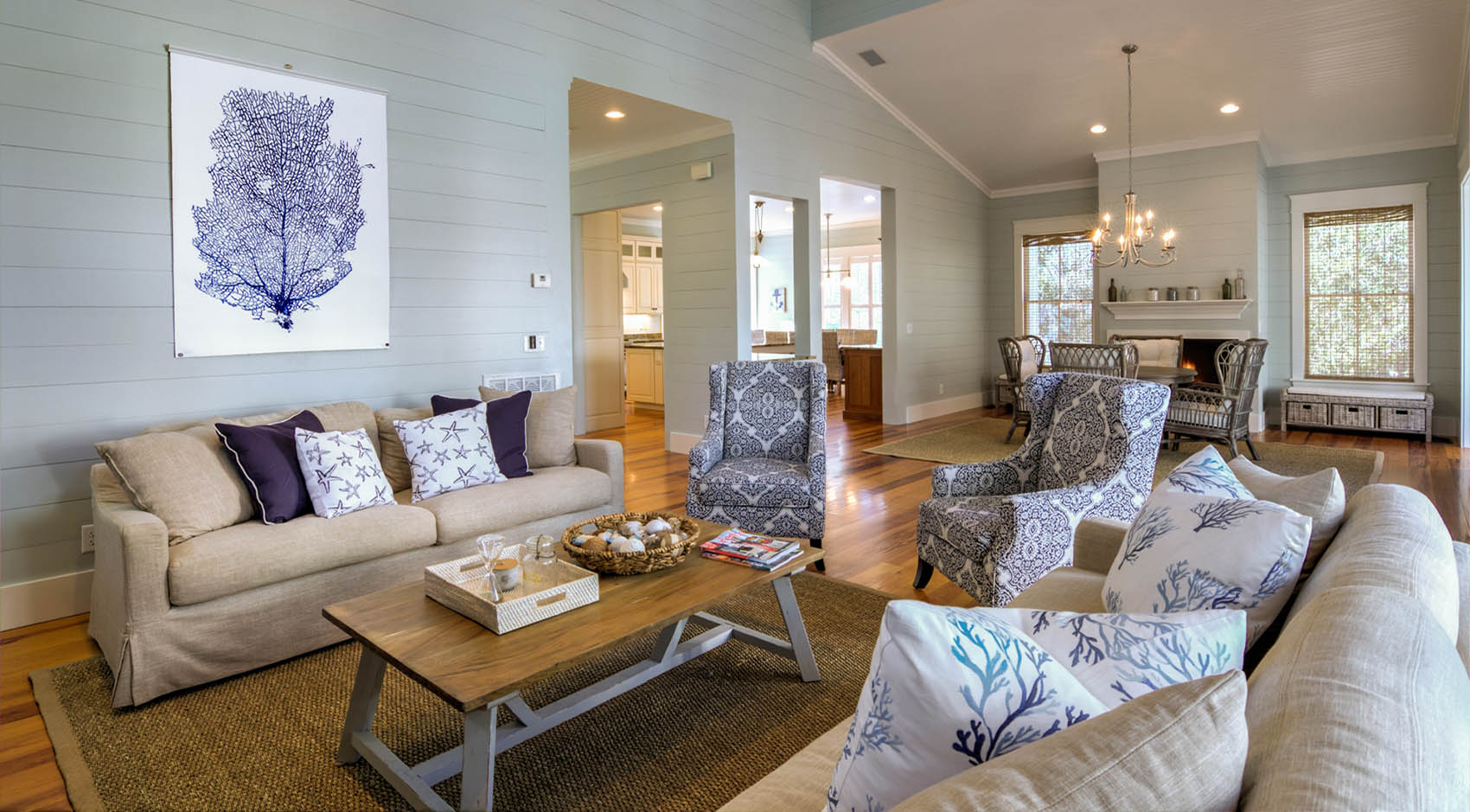 So you have taken the plunge and purchased a second home on the beach in Charleston SC. Everyone seems happy with the choice and self-congratulations are in order. Once the hard work spent preparing the property for its inaugural season fades and you’ve put your vacation rental home to the test, you now have a “first summer ” set of accounts to review. On some occasions, those preliminary figures may not be what you may have expected – but why? Understanding the difference between what are fixed costs vs. the costs you can influence and control will greatly help your bottom line. Reviewing these accounts at the end of the first summer season gives you ample time to make necessary changes to improve your revenue statements for the following year.
So you have taken the plunge and purchased a second home on the beach in Charleston SC. Everyone seems happy with the choice and self-congratulations are in order. Once the hard work spent preparing the property for its inaugural season fades and you’ve put your vacation rental home to the test, you now have a “first summer ” set of accounts to review. On some occasions, those preliminary figures may not be what you may have expected – but why? Understanding the difference between what are fixed costs vs. the costs you can influence and control will greatly help your bottom line. Reviewing these accounts at the end of the first summer season gives you ample time to make necessary changes to improve your revenue statements for the following year.
First let us discuss the cost of operations. Take for example, a 4-bedroom home on Folly Beach, well-maintained, with a pool, and located in a good area. With good management, such a property should easily gross in excess of $120,000 per year in returns as a vacation rental. Here’s how we would break that down:
- Gross Rental Income: $120,000
- Management & Marketing: $24,000
- Folly City Tax: $10,000
- Insurance Incl. Flood: $7,000
- Utilities: $6,500
- Cable: $2,400
- Repairs @ 0.5% Purchase Price: $5,000
- Lawn Maintenance: $3,000
- Pool Maintenance: $3,000
- Net profit before finance charges: $59,100
Now let us assume that you financed the property at 4.5% on a 20-year amortization and borrowed 60% on a $1M investment. Gross cost of capital including principal is approximately 7%, or $42,000. So at the end of the first season, you will net $59,100 minus finance charges of $42,000 equating to a net of $17,100 for a down payment of $400K = 4.2% return. That does not seem like much, does it? Well, that’s not the end of the story, as you do have the plus side of property inflation at say 3% on the full $1M plus you are paying 2.5% off the principal each year – but in terms of “cash in ” then it’s a bit tight.
So what can you do to improve matters? This is where a good management company can differentiate itself from an average one. Let us look at a few examples …
We recently renegotiated insurance costs of all our properties. Some were re-insured within the Charleston insurance marketplace and others via insurance carriers in New York. By consolidating our spend and taking a hard look at the scope of the insurance we saved on average 23%.
Our internet/TV bills with Comcast were high as a result of taking on a contract agreement when a sign-up offer was in place and letting it roll over to standard rates after the contract. Again these were re-negotiated en mass saving 35%. For both our pool and lawn maintenance, we grouped multiple properties under a single contract, saving us 15% and 8% respectively.
Repair bills brought in-house with our own maintenance staff added savings on average of 30%. Our philosophy here is to protect the asset and not to defer maintenance – it’s a personal choice and will reflect in future running costs.
Utilities will take longer to make inroads in savings, and HVAC is the highest proportion of these. Our new construction project on Folly Beach will have higher efficiency units installed, as will any replacements needed on our current holdings. Standard contractor quality HVAC units have a SEER rating of about 14, while high-efficiency ones rate at 20 SEER. In other words, they use 40% less electricity for the same cooling effect and, while they’re more expensive up front, you’ll see the difference in expenses over time.
- Insurance incl. Flood :
Previously $7,000 Currently $5,390 - Utilities:
Previously $6,500 Currently $4,550 - Cable:
Previously $2,400 Currently $1,650 - Repairs @ 0.5% purchase price:
Previously $5,000 Currently $3,500 - Lawn Maintenance:
Previously $3,000 Currently $2,760 - Pool Maintenance:
Previously $3,000 Currently $2,550
Then we looked at income. An empty property is a fixed cost so everything we can do to improve occupancy is a direct improvement to the bottom line. Our Luxury Simplified Retreats booking system was recently upgraded to allow pricing to be responsive, reducing the cost of a rental as the vacancy date draws near. Now we have to be careful here not to undersell, but the system has shown itself to be effective at improving occupancy with an average increase in income of some 6% so far year-on-year. Additionally, we market and promote properties that aren’t fully booked to our existing database of customers in order to increase occupancy.
So now let us look at how all the above affects the cash-on-cash return from your property.
- Net income in the first year of operation: $17,100
- Savings from renegotiated goods & services: $6,560
- Occupancy improvement from dynamic pricing: $5,760
- NEW Net income from effective management: $29,420 or 42%
This is an example of a good property, well-maintained, and well-operated on Folly Beach. It is based on real examples of exactly that type of property under our management. Savings and seasonal demand vary, but the profit improvement was real.
Note: We’re not one to give advice without first trying it ourselves, which is why we’ve actually put the above changes into place and seen a change in our bottom line. These cost savings can be realized beyond simply vacation rentals and might be applied to your full-time residence too. But if you’re looking at how to improve the profitability of your Charleston SC vacation home, here’s a good start.

